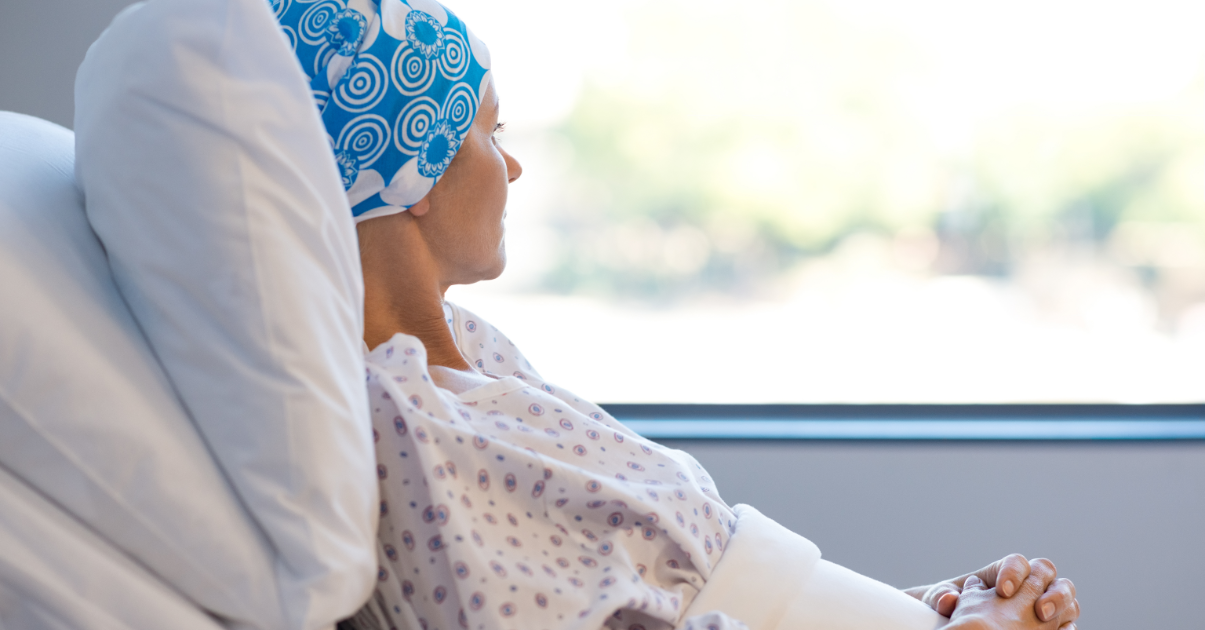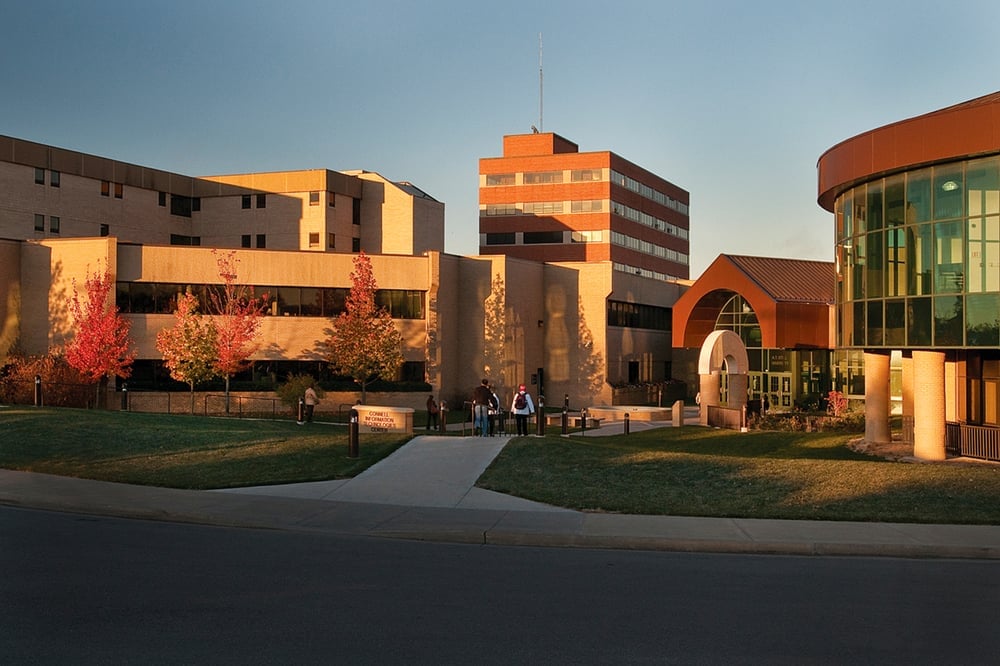With loan debt for students in graduate health professions rising exponentially, the conversation around choosing the right student loan repayment option and/or opting for the public service loan forgiveness (PSLF) program is becoming much more popular. Instead of focusing on what repayment plan gives a graduate the lowest monthly payment or whether or not he/she should pursue loan forgiveness, why not focus on minimizing expenses and working hard to pay off the debt as fast as soon as possible? This will allow for moving on to other financial goals with more intensity and focus such as buying a home, saving for retirement, and giving to name a few…all without any student loan debt getting in the way.
medical student
Staying Healthy During Medical School
Medical students and health professional know the importance of teaching others to stay healthy, especially when it comes to the prevention of many chronic conditions like heart disease or obesity. But knowledge is not always enough and doesn’t always result in self-care. The long hours, massive amounts of studying and high levels of stress that are the norm for medical school can make it difficult to start or maintain the good habits that will keep you healthy during your med school years. However, there are important reasons for doing this–and many simple habits that can make it happen.
Marriage and Medical School: The Pros and Cons of Balancing Both
Updated January 9, 2022. The article was updated to correct formatting and minor grammatical errors. … Read more
How to use a Pea Plant to Increase your USMLE, COMLEX, and Shelf Exam Scores
Studying for the boards overwhelms most people. The sheer amount of information to know is … Read more
5 Study Tips for the USMLE Step 1
1. Set a goal
As the saying goes, “being begin with the end in mind.” Before you begin preparing for the USMLE Step 1, you should consider where you are with your knowledge base and your score, as well as what your goal target score is. To determine where you are starting from, you should take a practice test. Online prediction calculators use your scores on question banks and the USMLE practice test to estimate how you will do on the actual Step 1 exam.
When setting a goal, consider that 192 is currently the minimum passing score for USMLE Step 1, and 229 was the national average in 2014 (the most recent year for which data is available). However, depending on the specialty into which you desire to match, you may have to aim for a significantly higher score. If you’re not sure what specialty you want to pursue, you’ll want to score as high as possible, though you probably want to do that anyway. This is a table summarizing average USMLE Step 1 scores by specialty in the 2014 Match.
Exam preparation: More than just studying?
Do you know of a colleague who is extremely good at their job, yet cannot pass the professional exams required to ascend the career ladder? Or an exceptionally bright friend – who seems to fall apart during exam periods? Or do you yourself struggle when it comes to final assessments? I’m sure most of us are familiar with situations like this, as they are a very common occurrence. Failure to pass specialist exams in one’s field is not down to lack of intelligence or an inability to do the job. Rather, it is usually down to inadequate preparation for the examination.
How to Succeed in Physiology: The Course, Step 1, and Beyond
Physiology is different! If you’re in the midst of learning physiology, either in a traditional or systems course, you’ve noticed that it feels different from biochemistry and anatomy. There are several reasons. First, the stakes are high, as physiology is inextricably the basis for medicine; learning physiology has long-lasting, downstream consequences for understanding pathophysiology and clinical medicine. And physiology is the underpinning for Step 1, so learning it well in your courses is essential. Second, physiology cannot be memorized (and you’re good memorizers!). Physiology must be understood, and understanding can’t be rushed. You’re learning concepts and principles, rather than isolated facts, and you’re challenged by the hierarchy of concepts, interconnections, and recurring themes. Last and oh so important, you must make peace with graphs, equations, and calculations, since they are the language of physiology. Rather than concede up front that “I don’t do graphs,” it’s best to find a system for translating the mathematical side of physiology into something intuitive that speaks to you!
Why isn’t learning about public health a larger part of becoming a doctor?
Chronic conditions, such as Type II diabetes and hypertension, account for seven in 10 deaths in the United States each year. And by some estimates, public health factors, such as the physical environment we live in, socioeconomic status and ability to access health services, determine 90% of our health. Biomedical sciences and actual medical care – the stuff doctors do – determine the remaining 10%.
Clinical medicine can treat patients when they are sick, but public health provides an opportunity to prevent disease and poor health. But too often, medical students don’t get to learn about public health, or how to use it when they become doctors. That means many of today’s students aren’t learning about health care in a broader context.
The Best Online Resources for Medical Students
Updated on July 1, 2021. The article was updated to correct minor grammatical errors and … Read more
No Happy Ending
Republished with permission from here. One after the other, day after day it seems, I … Read more
What You Should Know: Lies in the Patient-Doctor Relationship
What You Should Know is an ongoing series covering a range of informational topics relevant to current and future healthcare professionals.
It happens to every medical student sooner or later – the realization that their patient has lied to them. Especially for students, who are just beginning to gain clinical experience, this realization can come as a shock. A sense of betrayal, anger or even the desire for retribution can set in, all of which can be damaging to the doctor-patient relationship.
These emotions aside, it might help student doctors dealing with the nature of this reality to understand where deception enters into the therapeutic relationship – as well as how and why people lie in a clinical setting and what the doctor can do about it.
Letters of Recommendation for Medical School: Everything You Need to Know
Letters of recommendation can be one of the most important parts of an application. Here we answer some of the most commonly asked questions about LORs.
Medical Admissions Process: Reflections from a Student’s Perspective
The medical admissions process is stressful, but this student had a reflective take on it. Based on your experience, what are your thoughts?
An International Elective: How To Choose
Many medical students choose to participate in an international elective as part of their education. Dr. Alison Hayward provides tips for making your international experience as success.
A Better Method for Medical Education?
Do students like this new model of medical education being delivered at A.T. Still University … Read more
Opportunities in Medical Writing
As an active member and advisor on the Student Doctor Network forums, I’ve received countless … Read more
The Application Process: Why Apply Early
The application process for medical school begins earlier than the deadlines. Do you understand the importance of applying early?
Natural Disasters: Staying Safe When In Harm’s Way
“This could be just as devastating if not more devastating than Katrina …” WDSU News … Read more
Staying The Course: A Guide To Messing Up
Updated August 12, 2021. The article was updated to correct minor grammatical errors. As I … Read more
Raves, Rollin’, & Roofies: Your Guide to Club Drugs
Updated December 8, 2021. The article was updated to correct minor grammatical errors. Scenario An … Read more




















